There are myriad reasons a cidery might consider operating in a new space.
Sometimes the space you’re in no longer meets your needs. Or maybe it’s the right time in your brand’s life to have a presence in additional cities or states. What constitutes the right choice for a new facility depends on factors like your brand itself, what you can afford, and what makes sense for your audience.
Move-In Ready Can Save Money
When Bryant’s Cidery and Brewery added a tasting room and a small-batch production facility in Richmond, Virginia, founder Jerry Thornton said the needs really focused on a space that offered both retail and production space that did not require massive renovation. That means looking for a certain spot to accommodate many aspects and creating that checklist helped in finding the spot that the cidery now calls its second home.
“Cost, distance/location, and size were the primary drivers,” Thornton said. “We wanted our second location in the city of Richmond. We also had a limited budget for the purchase and renovation.
“We looked at each space differently to determine what the capabilities and capacity were. How much production versus tasting room space, zoning requirements, and renovation were evaluated for each space we looked at. Ultimately we landed a space on a main street, with retail and production space that required minimal construction. It just took a lot of patience waiting for the right space.”
What do you need it to do?
Bull City has experience in real estate purchasing as the North Carolina cidery has multiple locations across the state with a variety of needs. Going into each new city meant understanding what the spot would need to be, said CEO John Clowney.
If you’re doing production, he said, you’re going to need something industrial or garage or something that’s a more traditional production, utilitarian space.
“For us, we’ve pretty much always focused on freestanding buildings, and maybe not us being the sole tenant,” he said. “There are all sorts of real estate that can be right,” Clowney said. “You’re going to brand it, you’re going to logo it, you’re going to put the signage up that makes it yours. And then you really just kind of have to think about the flow of the space and kind of what your needs are.”
Don’t forget the basics
The cost of the facility itself and what you plan to do with it are certainly important. But things like parking, visibility and utilities are also important factors one must consider before making a purchase or signing a lease.
Do you have room to park? Do you want room to seat more guests as your popularity grows? Can people easily access your facility?
Thornton said that being on the main street for Bryant’s spot in Richmond meant wanting to be more in a walkable area than finding a parking lot space. Having rough plumbing in place and adequate power supply were the two biggest things Bryant’s focused on.
Clowney also added that it was important to know the cost of your utilities and how they work.
“Speak with your cities or municipalities and kind of figure out where you’re located and how all that’s going to work,” he said.

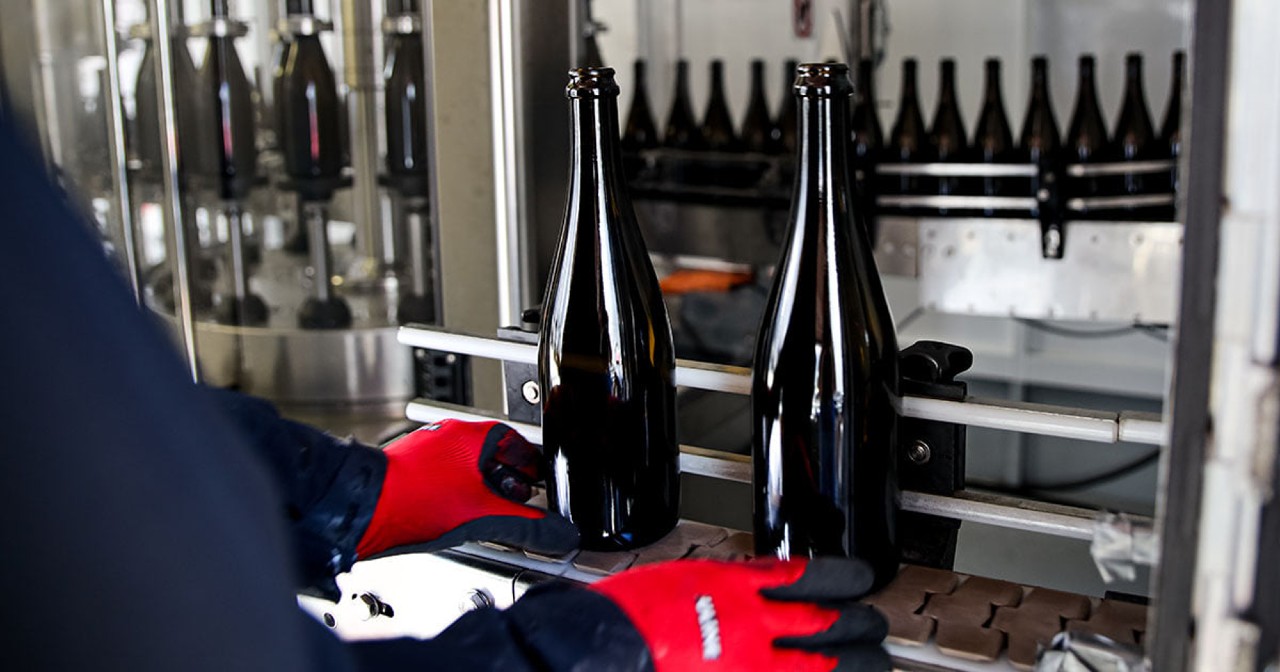
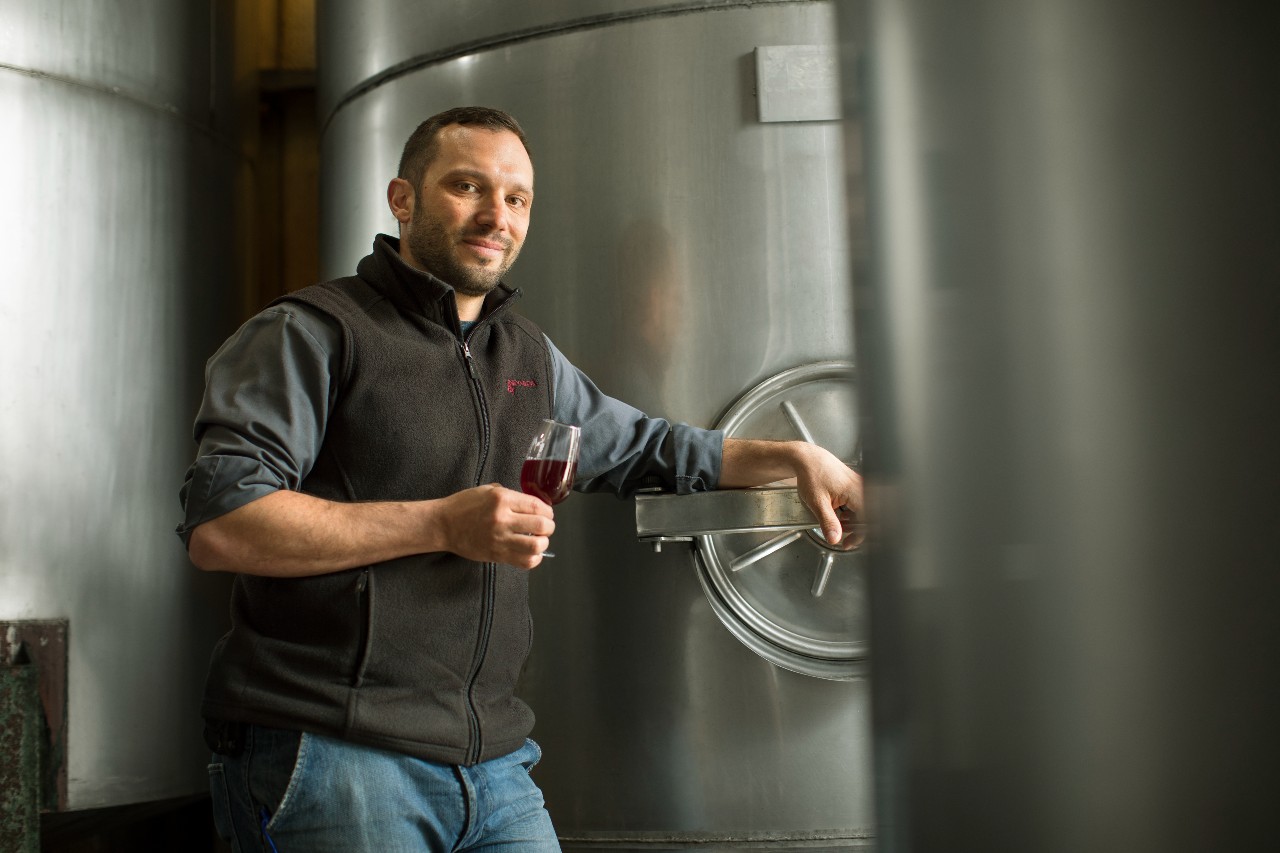
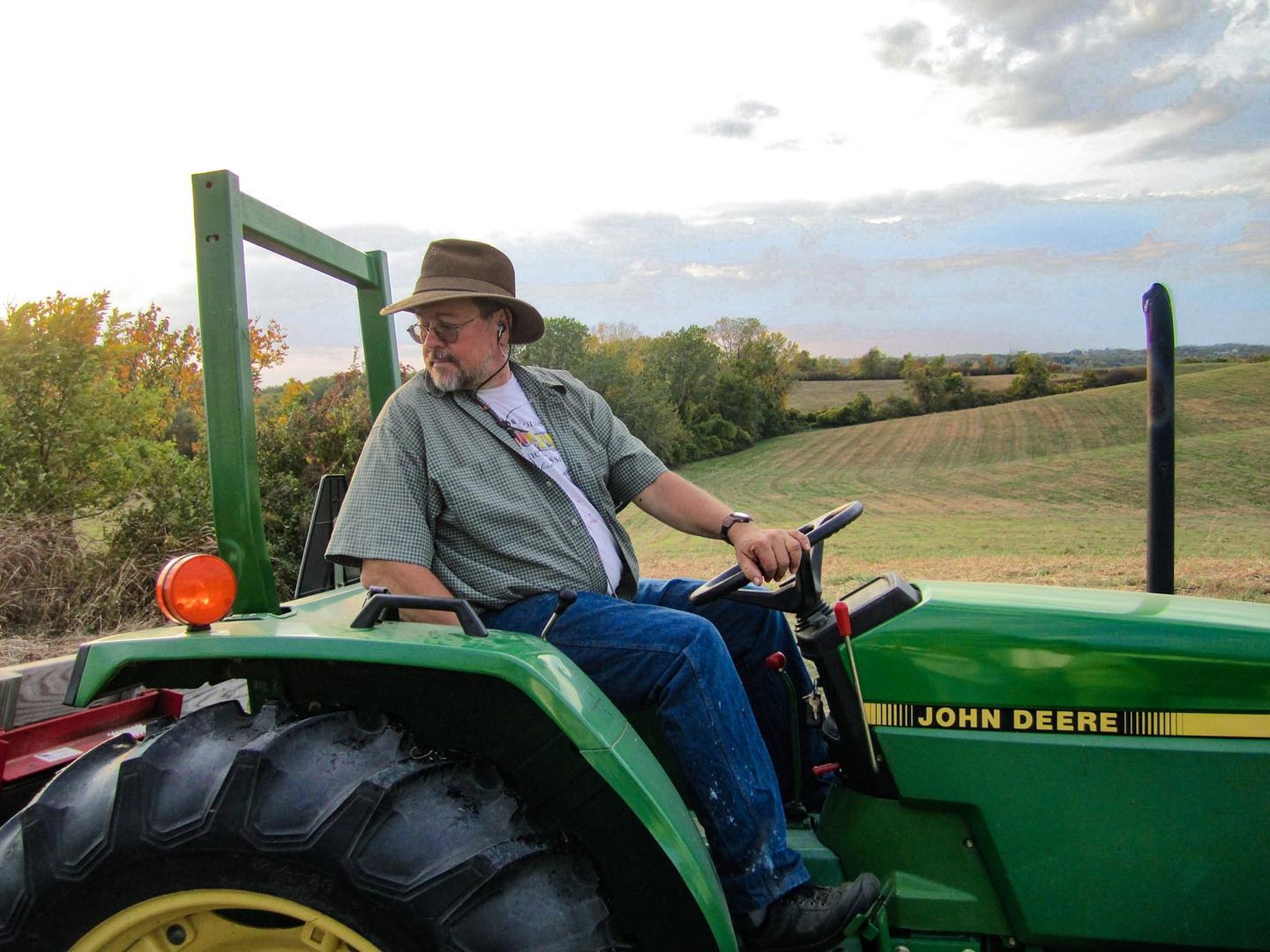
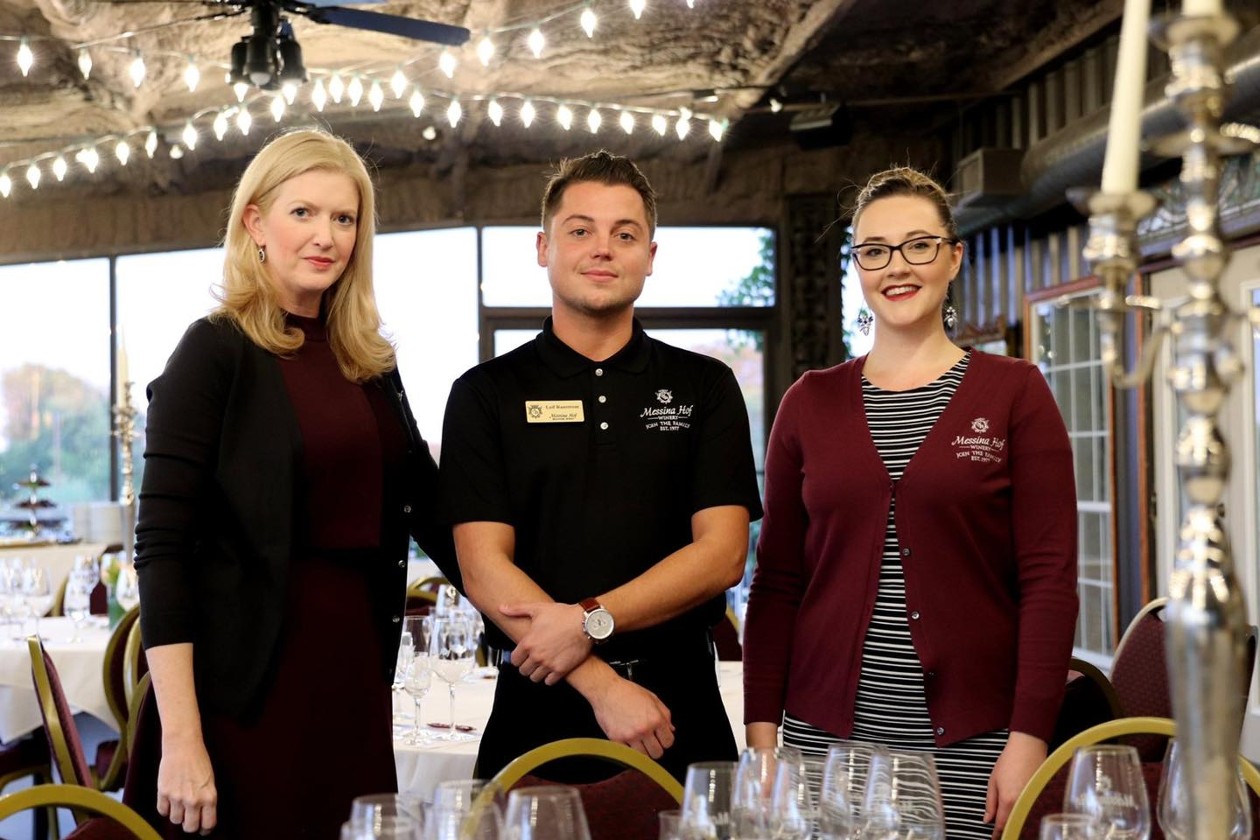
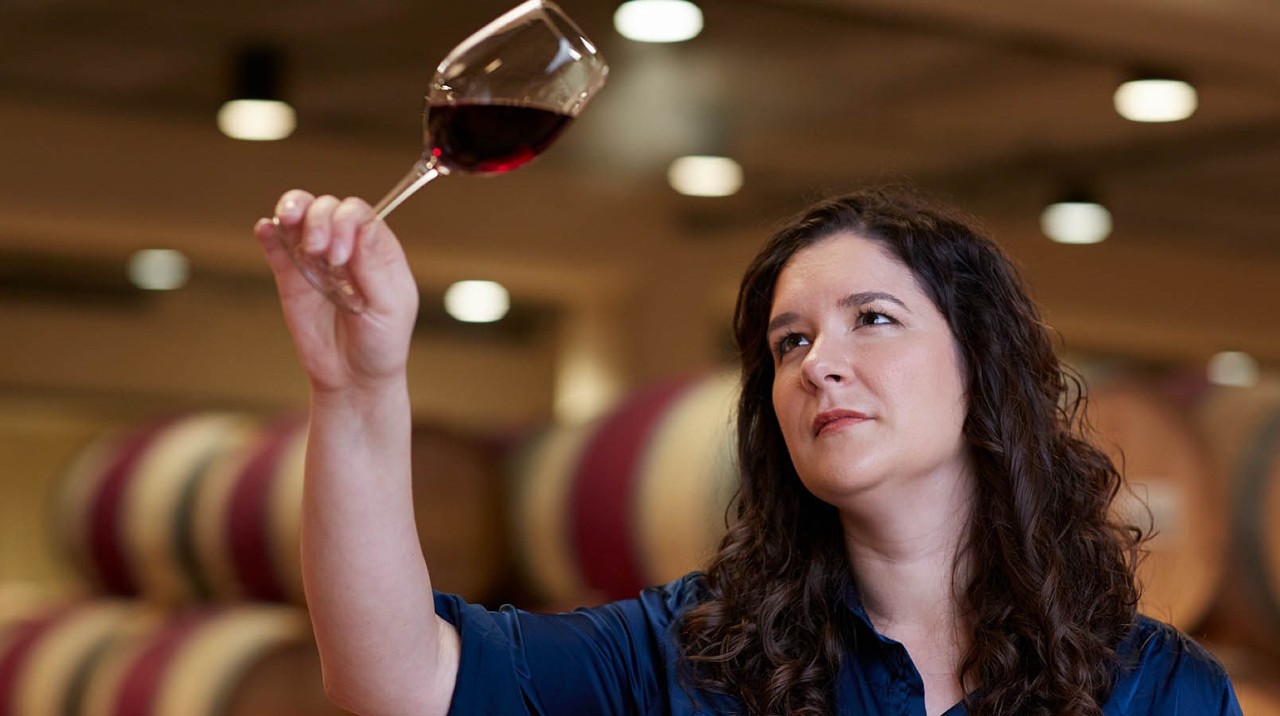


Be the first to comment